Quick Summery
In 2025, choosing between Android vs iOS app development depends on factors like development costs, target audience, and app complexity. Android offers a broader market reach and lower publishing fees, but higher costs for maintenance and device compatibility. iOS, with faster development times and stronger user spending potential, often incurs higher initial costs but ensures streamlined updates. Understanding your target audience, desired features, and budget can help decide the best platform for your app’s success. Use an app cost calculator to estimate expenses effectively.
Introduction
Understanding the cost implications of Android and iOS app development in 2025 is crucial for businesses aiming to thrive in the highly competitive mobile app market. Utilizing an app cost calculator can provide valuable insights into the factors that affect development expenses, enabling you to make informed decisions. This guide delves into these cost drivers, helping you select the platform that best aligns with your budget and objectives.
Factors Influencing App Development Costs in 2025
App Complexity and its Impact
App complexity is a primary determinant of development costs. Simple apps that perform basic functions are naturally less expensive to develop than complex apps that incorporate advanced functionalities such as real-time data synchronization, GPS, or social networking features. The increased demands on infrastructure and backend support for complex apps contribute significantly to higher costs. On the Android side, app complexity can also impact compatibility, given the diverse array of devices that require support.
Design Requirements and Developer Location
A high-quality UI/UX design is a key factor that deserves attention when estimating app development costs. It directly influences user satisfaction and engagement, which are critical for an app’s success. The cost of hiring skilled designers can vary greatly depending on their geographical location. For instance, developers in North America and Western Europe might command higher fees compared to those in Asia or Eastern Europe. This variance can affect the overall android app development cost, making it crucial to plan strategically based on where the design team is located.
Maintenance and Update Costs
Post-launch maintenance is an ongoing requirement that ensures your app remains functional and competitive. This involves addressing bugs, implementing user feedback, and updating the app to comply with the latest operating system features or regulations. Failing to account for these costs in your initial budget can lead to unforeseen expenses later on, potentially exceeding the android app development price initially set aside.
Factor Breakdown: Android vs. iOS App Development Costs
| Factor | Android App Development | iOS App Development |
| Development Time | Typically longer due to diverse devices and OS versions (2–4 months) | Faster development (1.5–3 months) as Apple devices are limited in number |
| Development Cost per Hour | $40–$100 per hour (depending on region) | $50–$150 per hour (depends on the region) |
| Design Complexity | Higher cost for diverse screen sizes & resolutions | More uniform design across fewer devices |
| App Testing | Higher cost due to multiple device configurations | Lower cost due to fewer models and OS versions |
| Development Tools | Android Studio, Kotlin, Java | Xcode, Swift, Objective-C |
| App Maintenance Cost | More frequent updates required due to OS fragmentation | Lower maintenance due to fewer devices and OS versions |
| User Interface (UI) Design Cost | Higher due to variations in screen size, resolution, and Android design guidelines | Lower, as there are fewer screen sizes and design elements to consider |
| Market Distribution | Google Play (lower fees, higher competition) | Apple App Store (higher fees, higher user spending potential) |
| App Testing Time | More time is required for testing across multiple devices | Testing is quicker due to uniformity of devices |
| App Complexity | Higher complexity due to multi-device support | Easier to manage with fewer devices and OS updates |
| Integration with Hardware | Can be more complex due to hardware variation | Easier integration with Apple’s tightly controlled hardware |
| Security Features | Security needs more attention due to open-source nature of Android | Generally stronger in-built security features |
Comparative Analysis: Android vs. iOS App Development Costs
Development Timeframes and Compatibility
iOS app development is generally quicker due to the uniformity of Apple devices. This consistency reduces the complexity of ensuring compatibility across various devices, leading to shorter development times. In contrast, Android app development may require longer cycles due to the need to accommodate a broader range of devices, which influences both time and the android app development charges.
Market Reach and User Demographics
Android boasts a dominant global market share, especially in emerging markets where affordability matters. This broad reach can be a significant advantage for businesses looking to maximize their user base. Conversely, iOS maintains a strong presence in developed countries, where users tend to have higher purchasing power. This demographic variance matters when considering the android and ios app development cost.
Revenue Potential and User Spending Habits
Despite the higher initial development costs, iOS users have a reputation for greater spending on apps and in-app purchases, potentially resulting in a better return on investment (ROI). Android’s larger user base, however, can translate into broader reach despite lower per-user revenue. This trade-off between market reach and revenue potential is pivotal when evaluating which platform best suits your budget.
Cost Breakdown by Platform: Android vs. iOS in 2025
Android App Development Costs and Pricing
The android app making cost exhibits significant variability depending on app complexity and design intricacies. Basic Android apps can cost anywhere from $5,000 to $20,000, while more sophisticated apps with multiple features might range between $80,000 and $300,000 or higher. Utilizing an app cost calculator can help estimate these expenses, giving insights into which elements might inflate your budget.
iOS App Development Price and Expenses
iOS apps typically incur higher initial costs due to the premium design and development process that often involves adhering to Apple’s stringent guidelines. However, this streamlining and uniformity can offset costs over time, especially as the app matures and requires updates. Generally, iOS app development starts at about $50,000 and can go upwards depending on the complexity and features required.
Cost to Publish App on Play Store vs. Apple Store
Both platforms have distinct structures for getting apps to market. For Android, the cost to publish app on play store is a one-time fee of $25, which is considerably lower than Apple’s annual developer fee of $99. While Android offers more cost-effective entry to market, Apple’s premium cost can be justified by potentially higher revenue gain per user.
Making an Informed Decision for Your Budget
Understanding Your Target Audience Needs
Deciding between Android and iOS depends largely on your target audience’s preferences and habits. If your user base is concentrated in regions with high Android usage, developing for this platform could provide the best engagement and ROI prospects.
Assessing Desired Features and Complexity
Carefully assess the features your app needs to succeed. Weighing the implications of simple versus complex functionalities within your budget constraints can assist in making informed decisions, ensuring you receive the best value for android app development cost.
Choosing the Right Development Team
Your choice between in-house or outsourced development can significantly impact not only the android app development charges but also the ultimate success of your project. Experienced offshore development teams may offer lower pricing with comparable quality, but cultural and communication barriers should be considered.
Conclusion
In 2025, determining whether to develop for Android or iOS involves a nuanced evaluation of costs, target demographics, and feature requirements. Using an app cost calculator can help businesses estimate the development costs for each platform. With strategic analysis of these factors, businesses can select the platform that best aligns with their budget and maximizes their app’s potential for success.


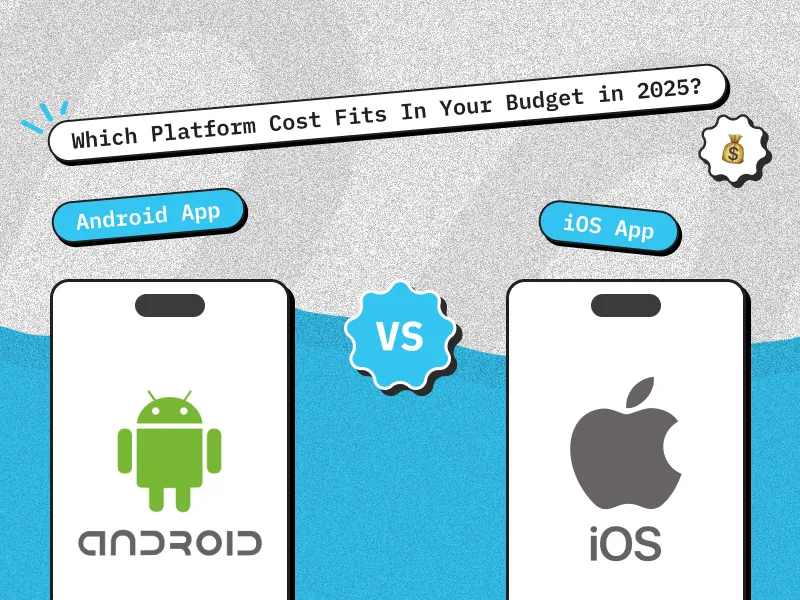








 30 mins free Consulting
30 mins free Consulting 
 10 min read
10 min read 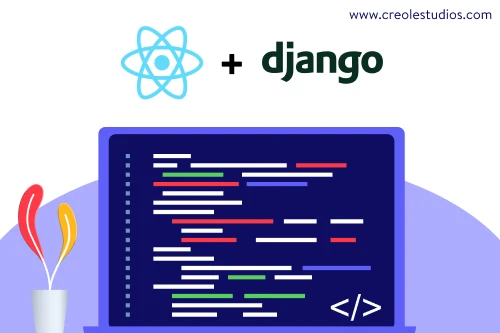
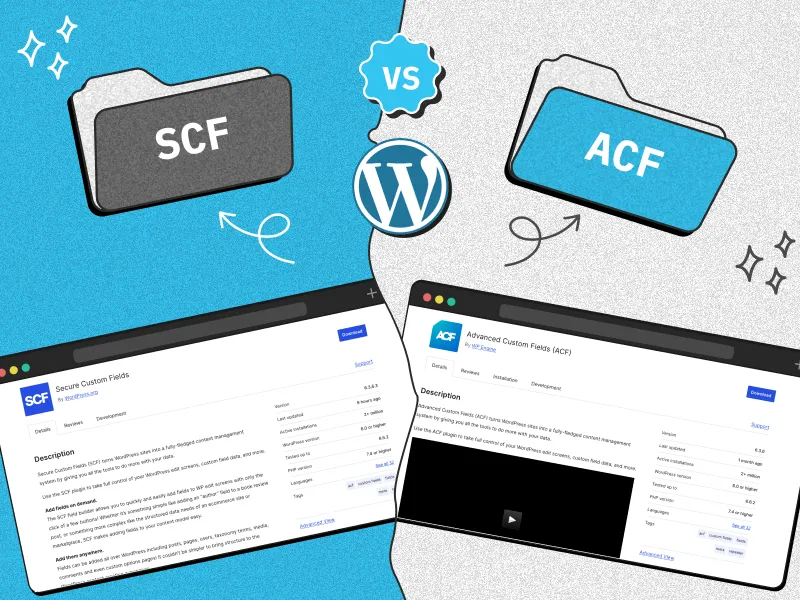
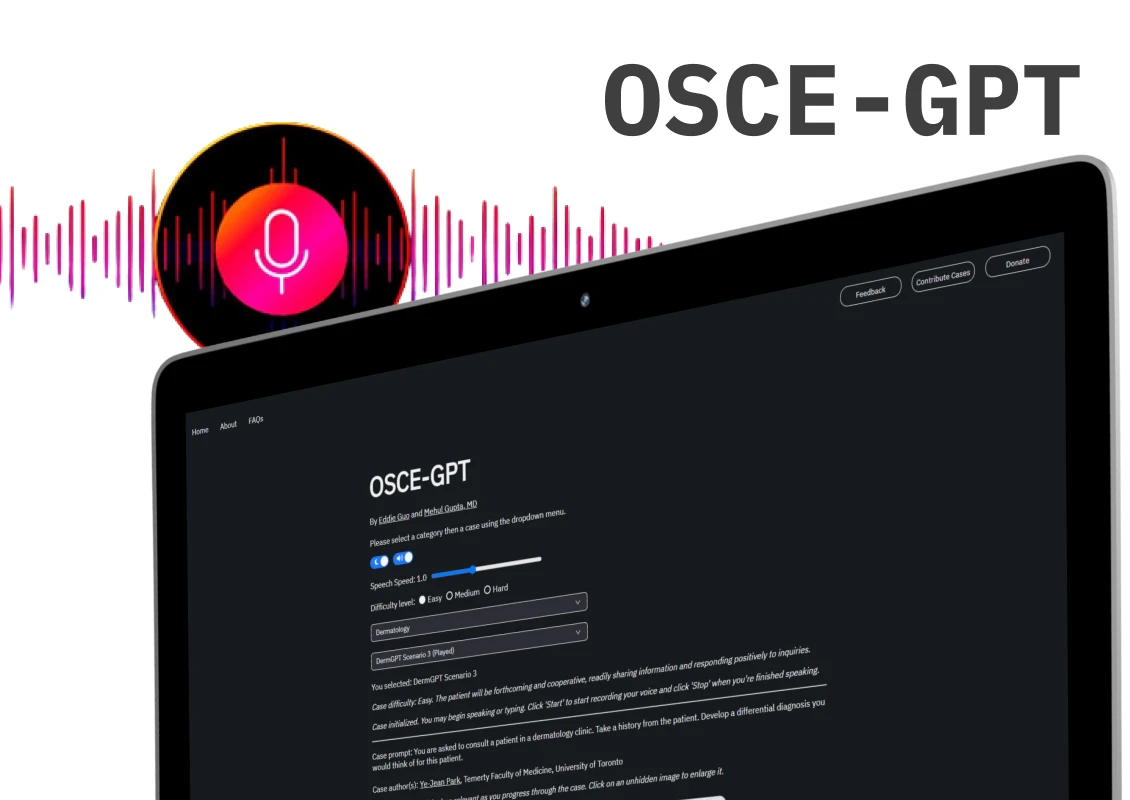
 Canada
Canada 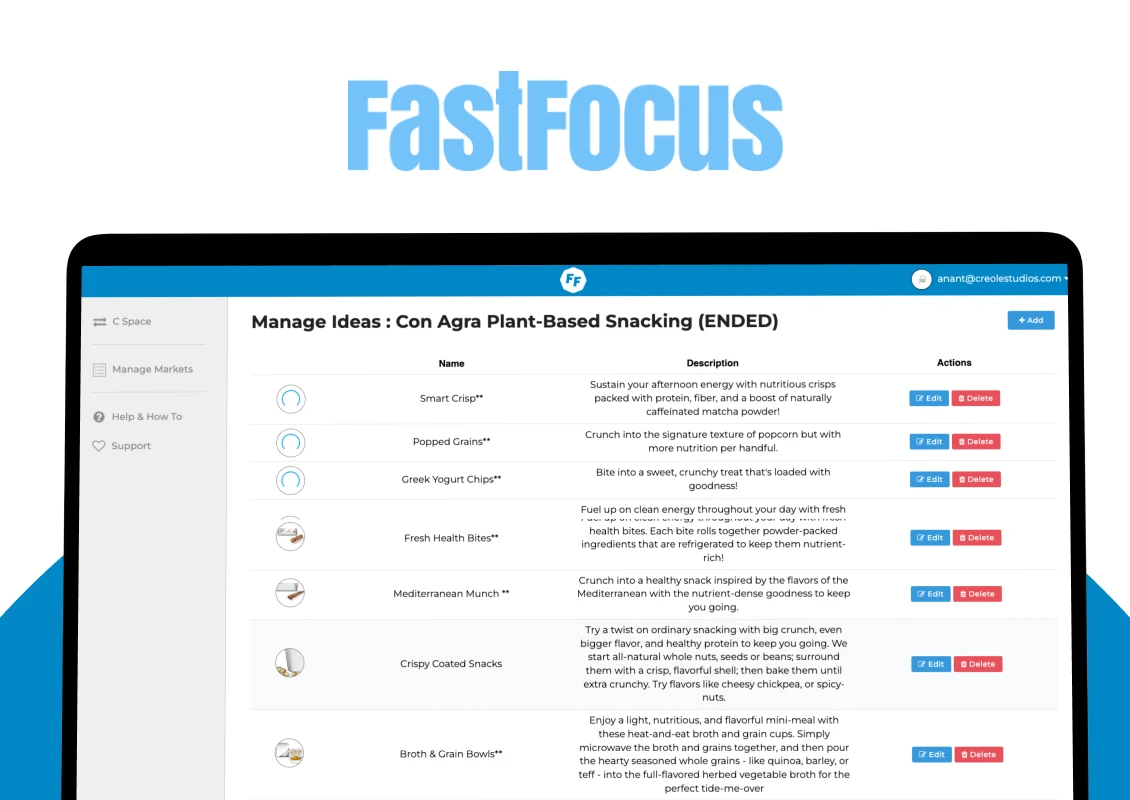
 USA
USA 






 Love we get from the world
Love we get from the world 